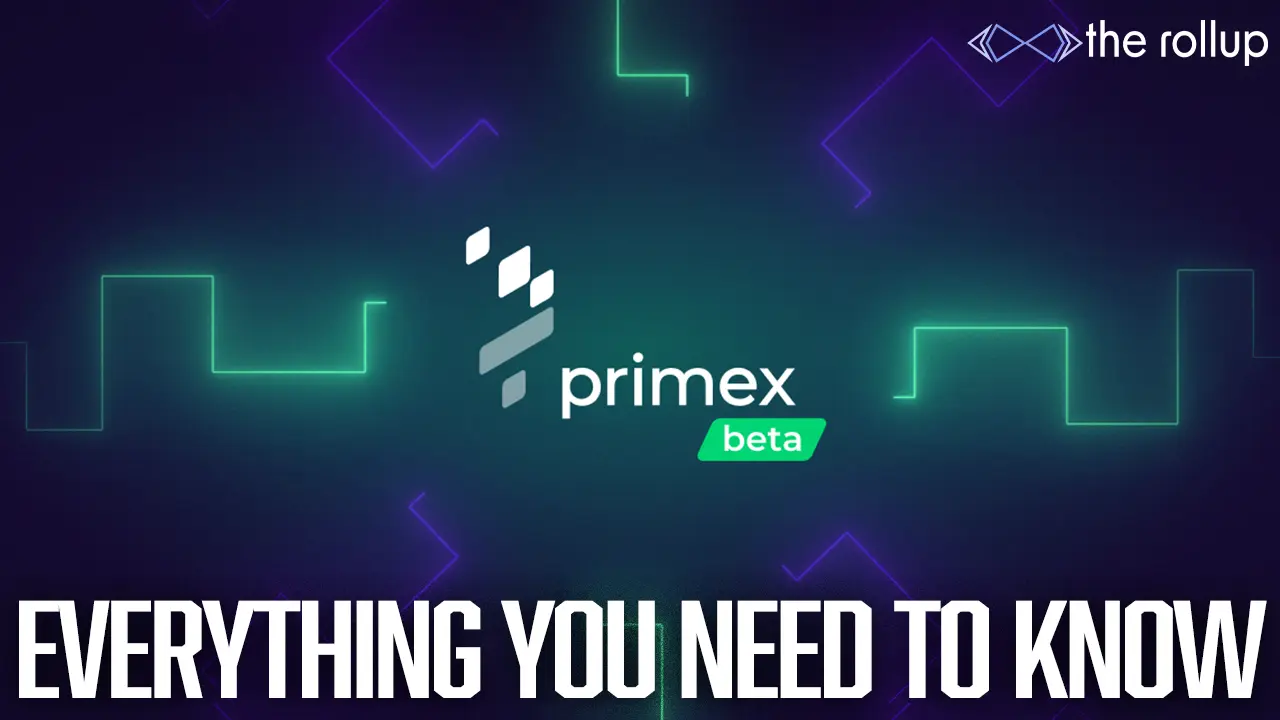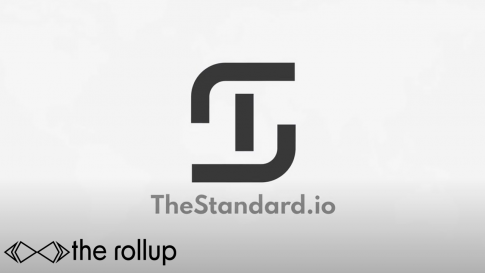Reviewing important terms, understanding key differences, and making sure you’re safe!
Be your own bank & make moves towards pure freedom every week with the DeFi Slate Newsletter, subscribe here:
DeFi Slate Family:
Wallets are one of the most important subjects for those hopping into crypto.
There are many ways to store your crypto holdings.
One universal rule ALWAYS applies:
“If you don’t own your keys, you don’t own your coins”
So, lets dive right into the many a ways to store your crypto!
– Alex S. DeFi Slate Team Member

No matter your level of expertise, if you know anything about the crypto space, you’ve probably heard of a few different coins get mentioned: Bitcoin, Litecoin, Ethereum, Monero, etc. But have you heard of wallets?
Believe it or not, a lot of people are not familiar with the term when first learning about cryptocurrency. If you’re part of that group or just want a refresher– no worries! We’ve got you covered. In this next Starter Set Series post, we’ll go over everything you’ll need to know about wallets.
Hot and Cold Wallets
So… what are wallets exactly? You might be thinking it’s the thing in your pocket that’s usually filled with or needing money. You can imagine cryptocurrency might need to be stored in something similar. That’s where a cryptocurrency wallet comes into play.
This type of wallet is a software program that stores both public and private keys and enables users to send and receive digital currency and view their balance. Pretty much, if you want to trade cryptocurrency, you’ll need a wallet. It’s important we note that cryptocurrency wallets are usually categorized under hot and cold wallets.
Hot wallets are typically referring to cryptocurrency wallets that are connected to the internet, whereas cold wallets (also known as cold storage) refer to crypto wallets that are not connected to the internet.
So what might make someone want to choose a hot wallet over a cold wallet or vice versa?
Well, for starters, let’s look at hot wallets. hot wallets are typically free to use, easily accessible via a mobile phone, and are user-friendly.
However, with all these perks, there are also a few drawbacks. Hot wallets are connected to the internet and therefore more vulnerable to potential hackers or technical vulnerabilities.
Cold wallets are typically seen as more secure and have a high level of security since there is no internet connection.
The drawback is that cold wallets are typically expensive to purchase (you may be paying $80+). Not only that, but cold wallets are typically not used for quick or day-to-day transactions.
It’s up to you to decide which wallet option seems like the best choice for maintaining and monitoring your assets.
Security
If you’re trading cryptocurrency, it’s probably safe to assume that you’re interested in keeping your assets secure. There are a few common best practices that crypto traders do in order to do this:
Don’t leave your cryptocurrency in an exchange for longer than it needs to be (Keeping cryptocurrency in exchange can be troublesome in the case of a hack or technical glitch or vulnerability
Make sure to use two-factor authentication for an extra level of security
If using a hardware wallet, choose a pin code that is difficult to guess
Do not make yourself a target of theft by making mention of your crypto holdings publicly under your real name or address
Always assume that your devices will be compromised, so access your wallets with caution
Be aware of phishing sites that may be imitating legitimate exchanges
Only log into secure websites that have a valid HTTPS certificate
Make sure you have a secure Wi-Fi connection and do not connect to your exchange account or wallet on public Wi-Fi
Do not keep all of your crypto assets in one wallet or exchange
Double check the crypto address of wherever you are sending your funds
While there are plenty more steps users can take to feel more secure about the safety of their crypto assets, and these listed steps can help create a stronger level of security, security is never 100% guaranteed. It’s up to you to stay on top of your assets and to practice whatever measures give you the most peace of mind.
Public and Private keys
Arguably, one of the most important parts of a cryptocurrency wallet is the concept of Public and Private keys.
A public key is a user’s address and is what other users will use to send tokens to. The private key is essentially the password a user has to access their wallet. If a user wants to send coins from their wallet to another wallet, they will need to use their private key.
It can be quite confusing as they both are long strings of numbers and letters.
A good analogy for the public and private keys is to consider them as an email address and password. An email address acts as a point of reference where someone sends emails to, and a password is needed to access the email account, as well as to send and receive emails.
Wallet Seed

Image from https://news.bitcoin.com/death-bitcoin-digital-inheritance/
How many times have you accidentally locked yourself out of your bank, email, Amazon or any other account, and no matter how hard you tried, you just couldn’t remember your password? It happens to the best of us.
It’s a good thing that password recovery options exist, otherwise, there would be a whole lot of us still trying to get into accounts with no luck.
Think of a wallet seed (oftentimes referred to as a recovery seed) as a password recovery option for cryptocurrency wallets. A seed is a standard way of coding keys of a wallet through a combination of words placed in a specific order.
Remembering your unique set of words will allow you to recover access to your cryptocurrencies – should you forget your keys.
Paper vs Web Wallets
Nowadays, most forms of content are available digitally as well as physically. Think cash vs PayPal, a physical book vs an eBook, a vinyl record vs streaming music. So could the same be said for cryptocurrency wallets?
A paper wallet is a piece of paper that has a crypto address as well as its private key physically printed out in QR codes. These codes can be scanned in order to execute transactions of cryptocurrencies. This may feel like a secure way to physically store your keys, but it can also have serious drawbacks.
Having your keys printed out can create risk for the user if someone were to find the paper wallet. When printing out a web wallet, the ink could fade over time, making it illegible. Or worse, the paper wallet could get ripped or misplaced. This could make it difficult or near impossible for a user to retrieve their keys.
Due to the unsafe nature of a paper wallet, this form of wallet is typically discouraged from being used. Not only that, but paper wallets are not ideal for sending partial funds. Rather, they usually send an entire balance at once.
Web Wallets
Another option for storing your private keys is on a server. This is known as a web wallet. This wallet is constantly online and is controlled by a third party that offers features letting a user link their mobile and desktop wallets.
While this is convenient for letting users easily access their funds through any device connected to the internet, there is a potential risk that the third party organization could gain access to a user’s private keys. Additionally, there have been instances where the organizations that run an exchange shut down which leaves the users without access to their funds… scary stuff!
Overview
At the end of the day, it is up to the individual user to decide what wallet method they consider to be the most secure, and feel comfortable using.
There are many pros and cons as well as varying levels of security that surround hot and cold wallets, paper, and web wallets. There is no 100% right or wrong choice for a user.
All one can do to truly be on top of their crypto assets is to be responsible and continuously monitor their assets and make sure they keep up with their keys as well as wallet seeds.
We hope this post has made you more confident in the understanding of different wallets! If there is a certain type of wallet you prefer to use, let us know in the comments and why!
DISCLAIMER: Investing into cryptocurrency and DeFi platforms comes with inherent risk including technical risk, human error, platform failure and more. Please refer to our blog for more on mitigating your downside when using these protocols!
????Subscribe to the DeFi Slate Newsletter & join dozens of crypto enthusiasts:
????Share this post to your friends:
????Check Us Out On Twitter: https://www.twitter.com/defislate
????Podcast: https://www.youtube.com/playlist?list=PLT6WMYRb-Et52mkedghH8bzxKpbCNj6ta





